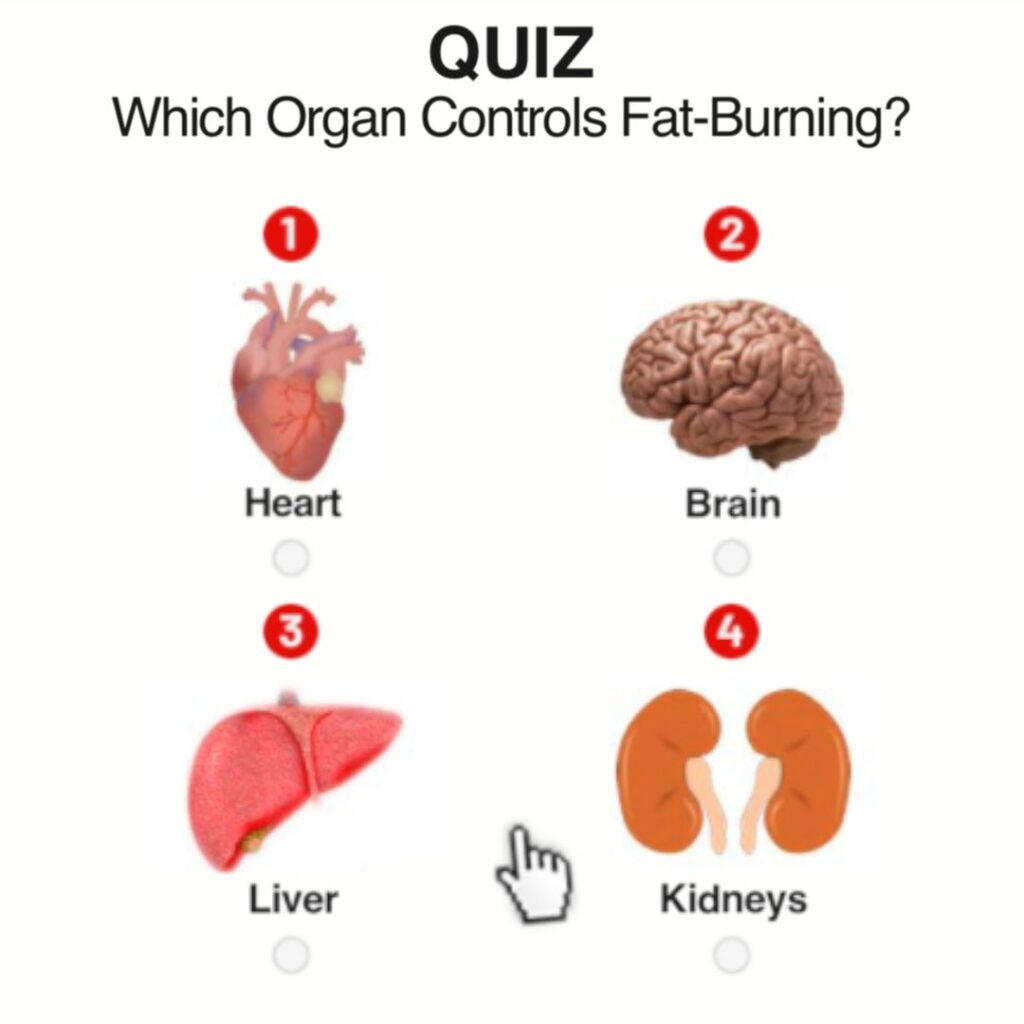4 reasons why you’re not losing weight
Health columnist Dan Labriola explains some of the most-common obstacles to weight loss.
On Health
If you’ve tried diets, gym memberships and even fat-burning pills, and the only thing that gets thinner is your wallet, you’re not alone. More than two-thirds of American adults and one-third of children ages 6 to 19 are overweight or obese.
Many individuals, no matter how motivated to feel better and avoid the risks that come with excess weight — including fatigue, high blood pressure, diabetes, high cholesterol, menstrual abnormalities and breast cancer — can’t get the weight off despite great effort and the best products the $60 billion weight-loss industry has to offer.
You already know the basics, namely limiting calorie intake and moderate exercise. If they don’t work, it’s time to take it to the next level. Here are four common obstacles that may stand between you and the new you.
Low muscle mass
Exercise, a key part of maintaining ideal weight, requires muscle strength. Low-calorie diets can reduce muscle, leaving you thinner but underpowered. It takes resistance exercise and protein, 60 to 90 grams per day, to gain and maintain muscle.
If that doesn’t work no matter how hard you try, the problem may be protein malabsorption. Signs can include swelling, digestive upset, gas and bloating. Diet changes and targeted enzymes from your doctor frequently solve this.
Low blood sugar
Hypoglycemia, blood sugar below the normal range, can cause fatigue, frustration, depression and weakness. Mood matters! Low blood sugar can cause you to crave a carbohydrate such as a doughnut. The carbs help you feel better by increasing blood sugar for a while, but then it rebounds low again and the symptoms return. It’s like being on a roller coaster. Sweet cravings have sabotaged many a diet.
The solution may be just substituting more healthful foods, such as a piece of fruit in place of the sugar bomb. If that doesn’t work, there are diet and naturopathic approaches that help stabilize blood sugar and reduce craving. (Go to seattletimes.com and search the column title “Food, mood and you” for more information.)
Allergies
Allergies, like blood sugar, can result in game-changing symptoms including lethargy. Allergy tests may not reliably identify the offenders, but other strategies including food elimination diets can be helpful. It can take a week to notice the difference after removing an allergen from your diet or environment. Your doctor or an allergist can help.
Joint aches
When your knees, back or other joints hurt, you will be more interested in comfort food than a workout. Unfortunately, the high-fat foods you turn to for solace can contribute to your aches and pains. An anti-inflammatory diet is a great place to start. Your doctor or a nutritionist can be of great help.
Weight loss is achievable. Take advantage of support from a specialist if you need it.
Once you’ve found the strategy that works, including exercise and diet plans that you enjoy so that you stick with them, you will start feeling and looking better. And you will likely live longer.
Original post found at: http://seattletimes.com/html/health/2023979168_loseweightxml.htmlP.S. Doing the right exercise will also help you to lose weight more effectively. This includes doing HIIT or high intensity interval training at least three times per week. It will help you to produce more human growth hormone which will help to build muscles. More muscles mean more calories are used up, even at rest.
P.P.S. Visit Exercises for Diabetics Today for easy workouts you can start now . . . and be ten pounds lighter in five weeks.






